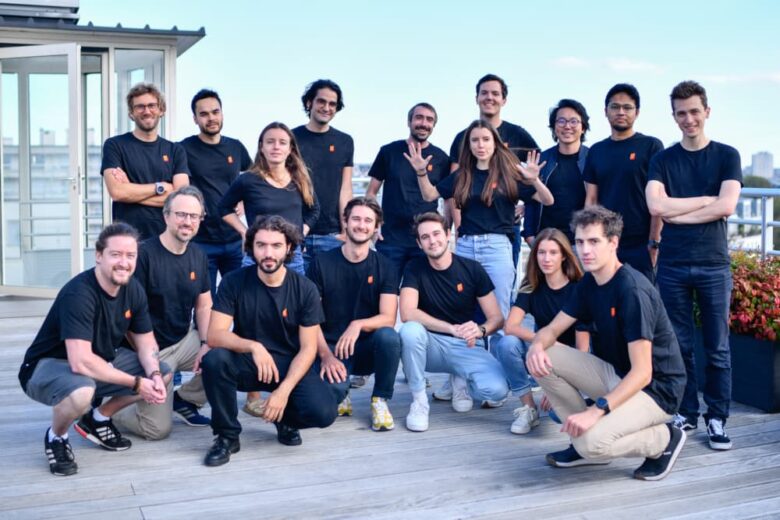In the ever-evolving landscape of generative AI, Mistral AI, a French startup, is making waves by securing a whopping €450 million ($487 million) in seed funding, positioning itself as a formidable contender in a field historically dominated by North American frontrunners.
The funding round, set to conclude soon, has garnered attention not only for its substantial size but also for its international flavor. Unlike Germany’s recent success story, Aleph Alpha, Mistral AI has attracted investors from beyond the European continent. Leading the charge is Silicon Valley venture capital firm Andreessen Horowitz, with substantial backing from tech giants Nvidia and Salesforce.
Reports suggest that Andreessen Horowitz is set to contribute €200 million, while Nvidia and Salesforce are poised to invest €120 million in convertible debt, although these figures remain subject to change. If the deal materializes, Mistral AI could boast a valuation of nearly $2 billion, an impressive feat considering the startup’s founding less than a year ago.
What sets Mistral AI apart is its strategic focus on building smaller models tailored for the developer space. During a recent appearance at the SLUSH conference in Helsinki, Mistral AI’s co-founder and CEO, Arthur Mensch, emphasized the company’s philosophy, stating, “You can start with a very big model with hundreds of billions of parameters — maybe it’s going to solve your task. But you could actually have something which is a hundred times smaller.”
Mensch, formerly associated with Google DeepMind, explained that Mistral’s approach addresses the need for practical solutions in production applications targeting a wide user base. By opting for smaller models, Mistral aims to reduce latency, lower costs, and leverage existing populated data. This sets them apart from competitors who predominantly focus on multi-usage and very large models.
The company made headlines by participating in the UK’s AI Safety Summit at Bletchley Park last month, underlining its commitment to industry collaboration and responsible AI development. Mistral AI’s first large language model, Mistral 7B, was released in September under the open-source Apache 2.0 license, showcasing a commitment to transparency and community engagement.
Mensch sees Mistral AI’s approach as a pathway to strong differentiation through proprietary data, a critical factor for survival in the competitive and maturing application market space. As the funding round progresses, Mistral AI, Andreessen Horowitz, Nvidia, and Salesforce have chosen to remain tight-lipped, leaving the industry eagerly awaiting official confirmation of this potentially transformative deal. Mistral AI’s rapid ascent suggests that European contributions to the generative AI landscape are not only catching up but may soon rival and even surpass some of their North American counterparts.
(Source: Bloomberg | Tech.eu | The NextWeb)









